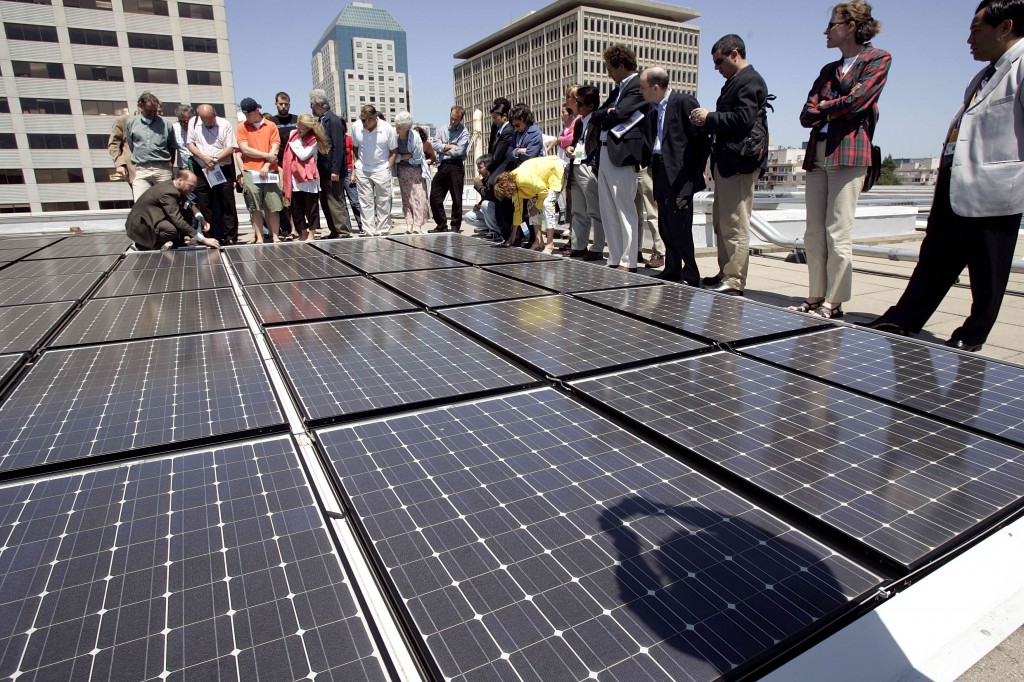With Earth Day coming up this weekend, it might be helpful to remember that the worst polluter on planet Earth is not a major corporation, but the United States federal government, and if we're going to be serious about reducing our impact on the environment, we need to advocate for less, not more government.





